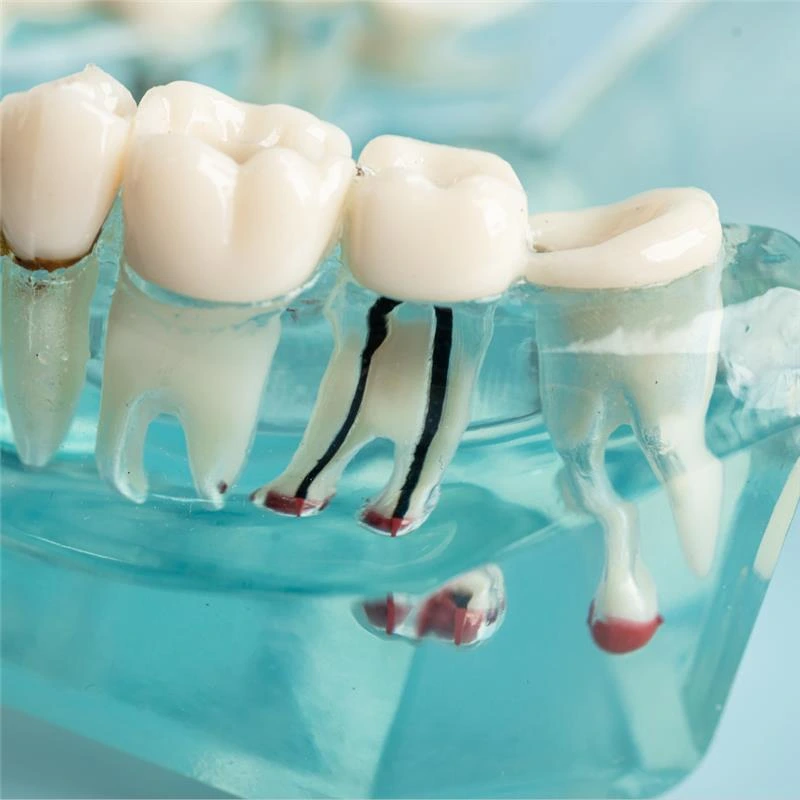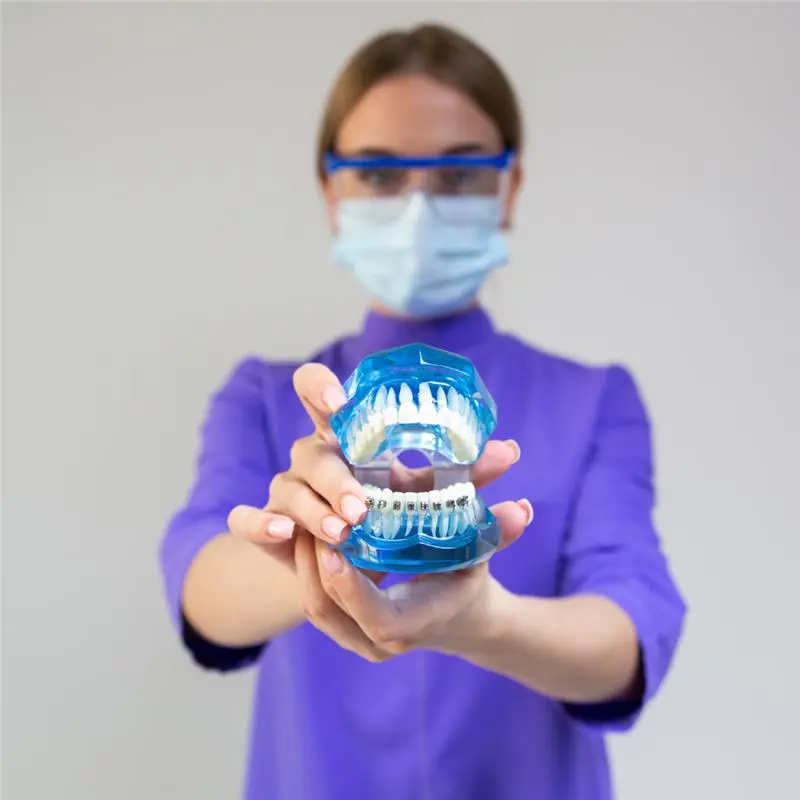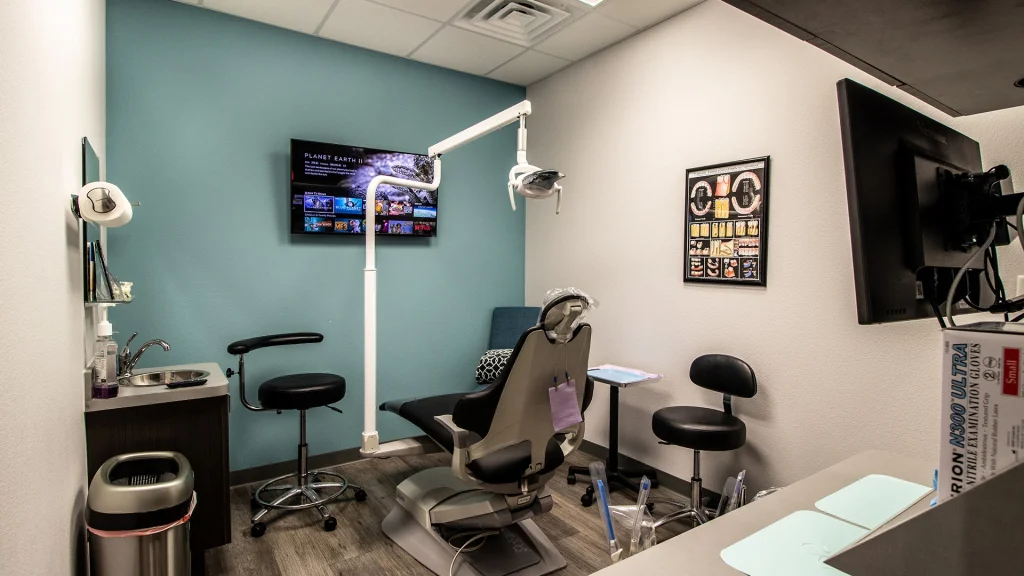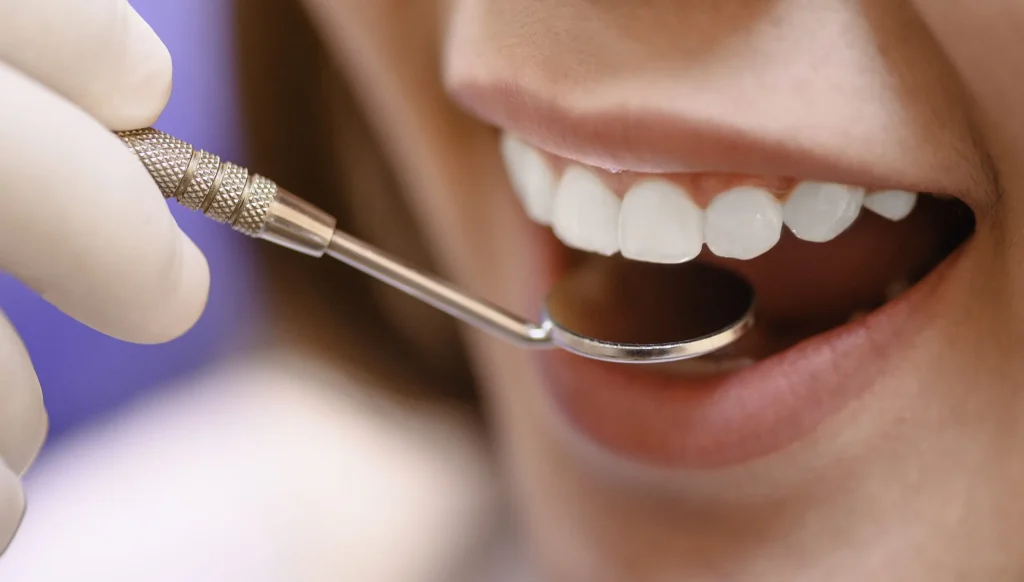Dental Bonding Before and After: What to Expect
Dental Bonding Before and After: What to Expect Reviewed by Dr. Kalpesh Patel 5 min Read Dental bonding is an easy and cost-powerful beauty dentistry system which can rework your smile in only one go to. It is typically used to restore chipped, discolored, or barely misaligned teeth. If you’re thinking about dental bonding, here is what you want to realize approximately the system, benefits, and what to anticipate earlier than and after treatment. What is Dental Bonding? Dental bonding entails making use of a tooth-colored composite resin to the floor of the tooth. The resin is formed, hardened with a unique mild, and polished to shape your herbal tooth. It is a splendid answer for minor beauty imperfections and is much less invasive in comparison to different beauty remedies like veneers or crowns. Before Dental Bonding Consultation: Your dentist will examine your tooth to decide if dental bonding is the proper alternative for you. Preparation: Unlike veneers or crowns, dental bonding normally calls for little to no tooth removal. No anesthesia is wanted until the bonding is used to fill a cavity. Color Matching: The dentist will pick a resin color that blends seamlessly together along with your herbal tooth. The Dental Bonding Procedure The teeth floor is roughened barely to assist the bonding cloth adhere. A conditioning liquid is carried out to decorate the bonding system. The composite resin is carried out, molded, and formed to shape the herbal contours of the teeth. A curing mild hardens the resin inside seconds. The bonded teeth are polished for an herbal and clean finish. The complete system normally takes 30 to 60 mins consistent with teeth. After Dental Bonding Immediate Results: You’ll be aware and on the spontaneous development to your smile. The bonding cloth blends evidently together along with your tooth. Sensitivity: Some moderate sensitivity to warm and bloodless can also additionally arise however ought to subside inside some days. Care and Maintenance: Brush and floss day by day to preserve your dental bonding. Avoid biting on tough gadgets like ice or pens, as bonding cloth isn’t as sturdy as herbal tooth. Limit food and drinks that stain, including coffee, tea, and purple wine, to save you discoloration. Regular dental checkups assist in making sure your bonded tooth lives in correct condition. How Long Does Dental Bonding Last? With the right care, dental bonding can close among five to ten years earlier than requiring touch-ups or replacement. Conclusion Dental bonding is a short and inexpensive manner to enhance your smile with minimum effort. Whether solving a chipped tooth or improving the form of your tooth, bonding offers herbal-searching and long-lasting results. If you`re thinking about dental bonding, go to Active Dental Flower Mound for professional care and an assured smile!









